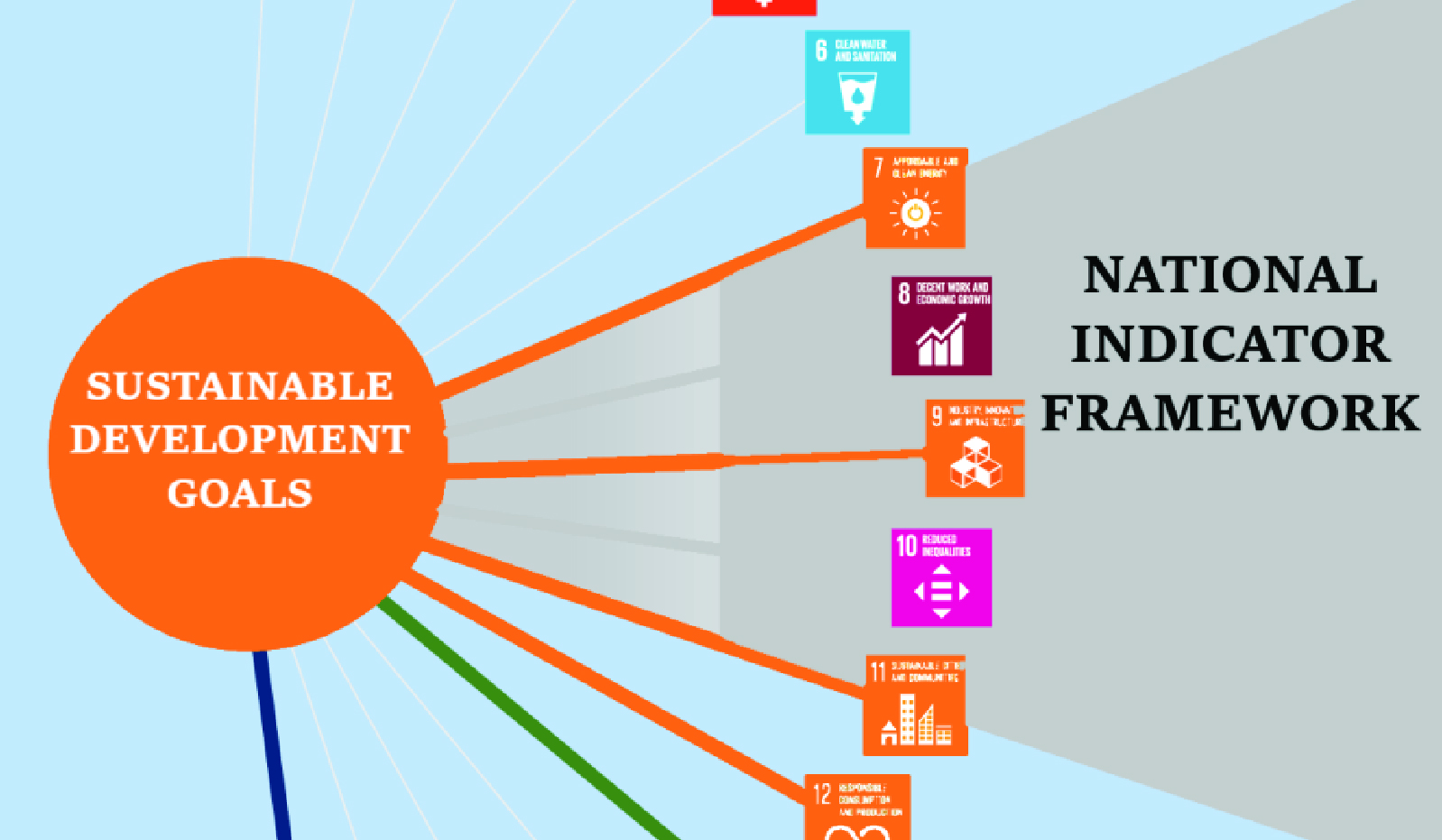Report aims to provide a framework that can manage the trade-offs and deliver the best possible outcomes on the three corners of the iron triangle of economic development – Poverty, Prosperity, and Planet.
Key findings of the Report
- Stalled Global poverty reduction: It has slowed to a near standstill during past 5-years impacted by ‘polycrisis’.
- Polycrisis refers to a situation where the multiple crises of slow economic growth, increased fragility, climate risks, and heightened uncertainty have come together at the same time - making national development strategies and international cooperation difficult.
- Non-attainment of targets: Global population living in extreme poverty is projected to be 7.3% in 2030 (8.5% in 2024). This is double the World Bank target of 3% and farther from the elimination target of UN SDGs.
- Global Prosperity Gap: Stalled progress since pandemic, highlighting slowdown in inclusive income growth.
- Prosperity Gap is the average factor by which incomes need to be multiplied to bring everyone in the world to the prosperity standard of $25 per person per day.
- India: Significant fall in Indians living in extreme poverty from 431 million (1990) to 129 million (2024).
- Currently, World Bank defines extreme poverty as living on less than $2.15 per person per day.
Proposed Pathways and Priorities
|




